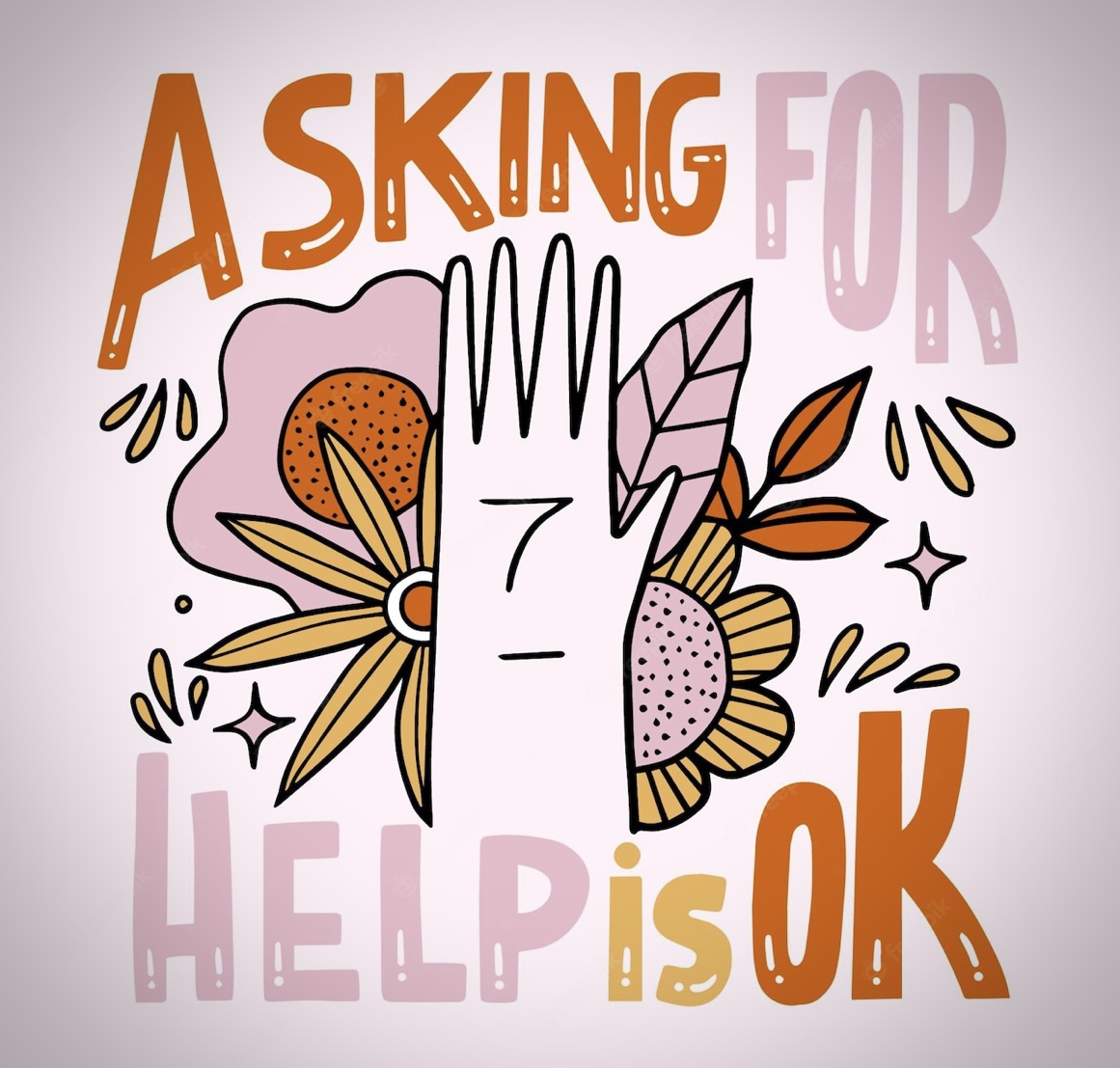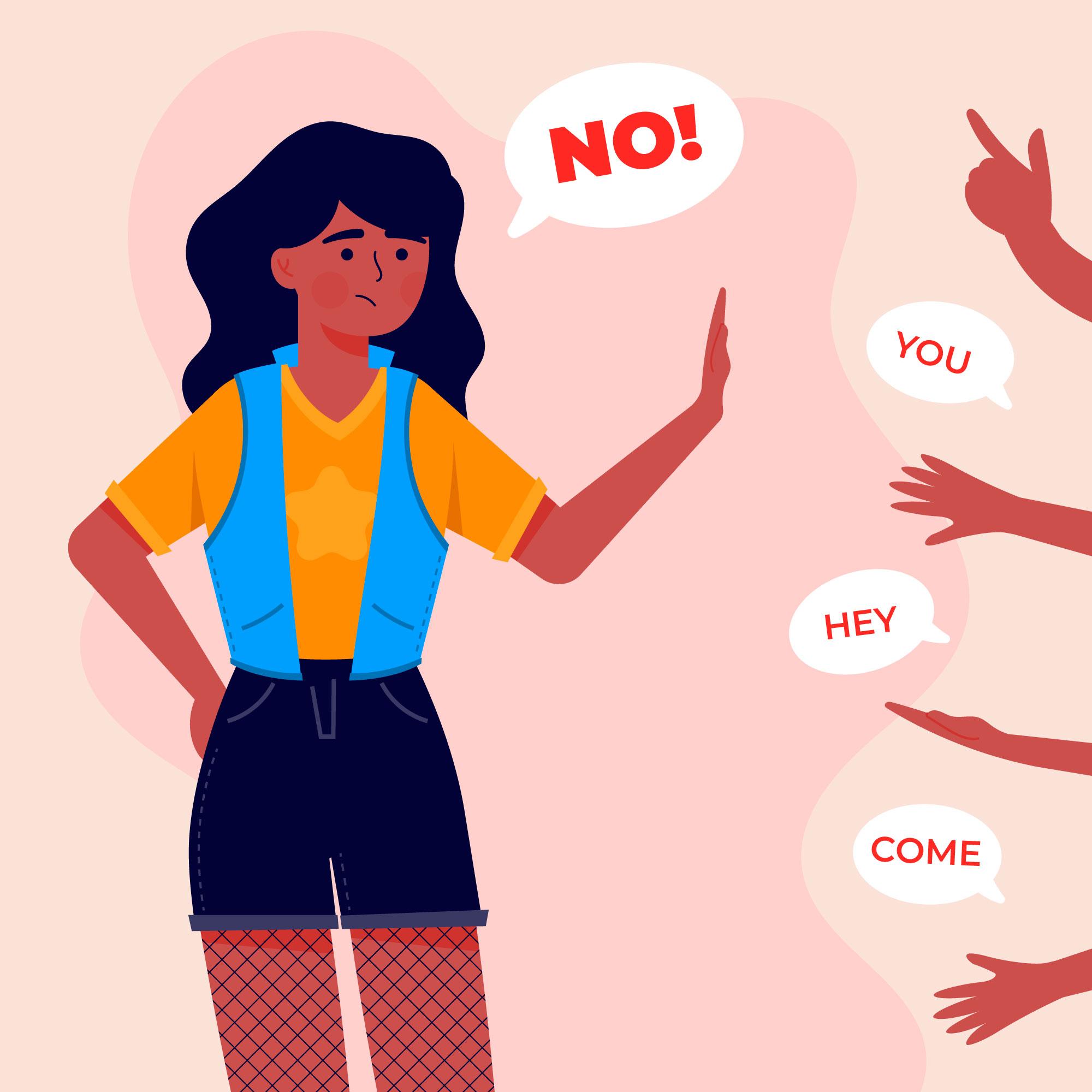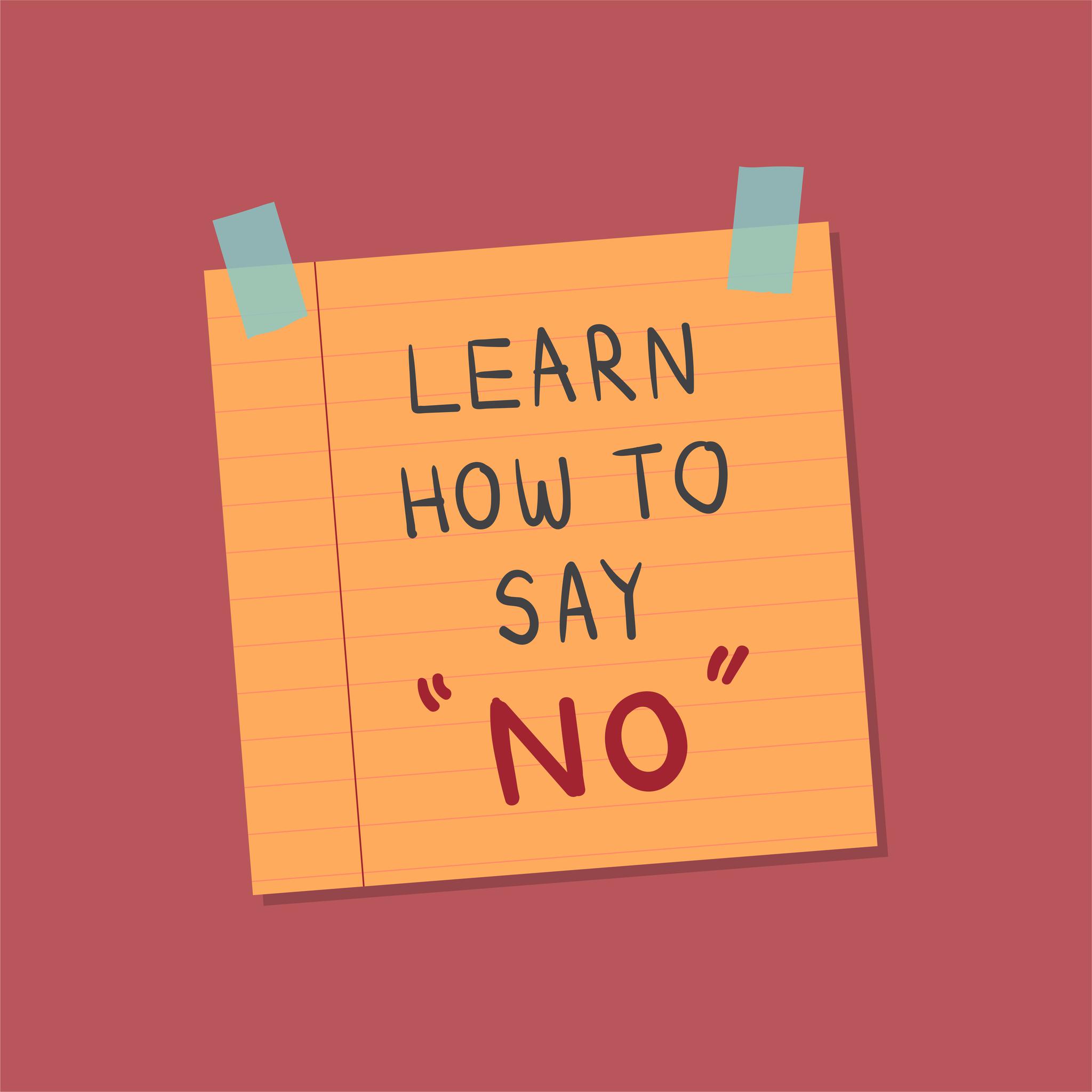
Vol. 2: Boundaries

I need to clarify…
In last week's article, I listed a few of the numerous resources in which I sought a proverbial lifeline, only to discover that the accolade was within me the entire time.
While group meetings, journaling, one-on-one therapy, or a micro-dosed trip (or two) down a subconscious memory lane did not exactly prove to be a cureall for my woes, each facet was vitally instrumental in my arrival at the here and now.
I recommend talk therapy to everybody.
It is especially beneficial for recovering drunks accustomed to relying on a bartender to listen to our crap. Besides—with a licensed therapist—the likelihood of you being forcefully removed from the session by a hulking fellow dressed in black once words of resentment turn into outbursts of anger is lower than with a traditional barroom confessional.
Of all the therapists I've shown my hand to, one sticks out the most, and for reasons not exclusive to his blonde-headed, blue-eyed baby face with chiseled jawline, expert rock climbing skills, or the glutes to show for it.
He's important to me—this particular trick cyclist—because he opened my mind to something I'd yet to look at prior: Emotional Boundaries.

Minor conditioning…
Until age seven, my upbringing was pretty typical.
Like most women my age, I grew up with the common misconception that it was my responsibility to be easygoing, self-sacrificing, and co-dependent if I wanted to be a valuable and accepted female member of society.
I learned about boundaries, but that mainly consisted of respecting my parent's privacy. Emotional boundaries—specifically separating one's feelings from another person's feelings—remained foreign to me well into my thirties.
Perhaps similarly to you, I was born into hereditary dysfunction.
My parents were hippies despite the guise of membership in a non-denominational church. But, unfortunately, they hung onto the coattails of disco-era cocaine nights with casual marijuana consumption longer than they should've.
My dad sobered up the summer I turned five after a near-death experience involving a horse stable near our property line and a loaded hunting rifle.
A year later, despite her attending recovery meetings alongside my father, a co-worker of my mom's offered up a hit from a crack pipe, and she obliged. Instantaneously, she became addicted.
My relationship with crack is profound, yet I've never tampered with it.
It's quite possibly the only addictive substance I haven't touched.
After that, I made it my singular mission to take care of my mom, which strained our relationship—a companionship more akin to a sisterhood—and left me in a perpetual state of fight or flight mode, just like her:
A virtuoso in the tactic of manipulation.
Then, at fifteen years old, I fell for a man twice my age, subsequently marrying him on the first anniversary of our inaugural date.
How did that transpire, you ask?
A fundamental lack of emotional and mental boundaries is how.

The implementation of healthy boundaries in my life doesn't come easy. Like much of the rest of me, I'm still working on that.
But, here's what I know for sure:
- Self-awareness isn't selfish.
- Worthiness is my right.
- Our time here on earth is precious.
- Not every action is deserving of my reaction.
Through a method borrowed from twelve-step meetings, I took an inventory of my nagging resentments by asking myself what supports the life I want to live and what doesn't.
Once I can pinpoint the culprits contributing to my unhappiness, I can identify the areas where I need to build a barrier. While invisible to the naked eye, the wall I construct is critical and conservational.
And perhaps, the most crucial part is that the comprising individuals of my tribe must be privy to the existence of the limitations I create; this is communicated to my peers solely by me if I expect to be heard and understood.
Unfortunately, there's a common occurrence when human beings change; other humans stay the same.
Naturally, conflict ensues.
Maybe you're wondering what you'll do if your crew is troubled by your newly adopted boundaries.
Here's my short answer:
You do nothing.
After all, other people's feelings are none of your business.
So how does that adage go?
"Stay in your fucking lane."
Keeping my proverbial side of the street clean is often the best thing I can do for the communal pursuit of happiness we're all trekking. So, yes, of course, I help others out when and where I can. But, in doing so, I must remember that I cannot give what I do not have, nor can I demonstrate what I do not understand.
Equally as important as the personal boundaries I stake before my fellow man are his own rules of engagement. Lucky for me, most participants of healthy self-awareness will have no problem discerning the line I've drawn in the sand so long as I am aware of the point where their line begins, and mine ends.
It's not always that cut and dry, though.
Big surprise, right?
Regulation of emotions for mental health is frequently messy, and establishing a ruleset for yourself dialed to perfect adherence is no easy feat, even when it benefits you.
It's even worse when intimate, toxic familial and romantic relationships are involved. A twelve by twenty-two foot abstract piece by Jackson Pollock appears pacific compared to the dynamical clusterfuck you're entering when you first express your individualized needs to close, most tender allies.
Hey, don't fret now; there's a shiny silver lining:
Once you're comfortable deploying personal boundaries—intentionally and without fear of injuring an ego—it becomes easier to let go of the people, places, and things that prove themselves unequipped to meet the standards set forth by the one person who knows you best: Yourself.

It’s Different With Kids...
If you're the guardian of a small child, you must be aware that kids will test you in ways more complex and perverse than your sophomore physics instructor ever dreamed possible.
Whether or not they choose to admit it, young children—especially those of elementary age—crave stability. My son? He is a hardcore creature of habit, and in a way that is dangerously close to requiring a psych referral from the pediatrician. It pains me to tell you that the young man is a bonafide sippy-cup-milk addict of half-gallon-a-day proportions.
Panic befalls him whenever the dairy jug reaches any less than half full status.
I can relate to the observance of depletion in one's stash and its triggering.
He inherited my wild eyes and pale complexion; why not my obsessive-compulsive disorder and penchant for self-sabotage?
So, I talk to him about personal boundaries; those that limit physical touch, the kind his mind requires to properly function, and the ones he'll build around his heart. He listens to me, but he's also discovered the multi-finger maneuver known as air quotes and rigorously utilizes the gesture during our chats. I can't even turn a cheek when such impressive, opportunistic accuracy is staring me in the face.
Until I feel that the time is right to explore spiritual boundaries with him, I remain transparent about my views of God and the afterlife without divulging much unsolicited information. I look forward to witnessing him interpret spirituality uniquely in his own time.
He is whip-smart and courageously outspoken; I wouldn't have gotten away with lying to him about Santa Clause or the Tooth Fairy if I'd tried.
However, he has much to learn about the cunning art of metaphor before I expose him directly to the ancient, collaborative memoir known as the Holy Bible.
Fortunately, his favorite bedtime reads these days are by New York Times bestselling author Eric Litwin. Of course, we love every Pete the Cat, Groovy Joe, and The Nuts story. Plus, Eric plays a mean guitar (and accepts Facebook friend requests from lowly blogger moms he doesn’t know in real life.)

Straight to voicemail...
One night last week, while snuggled under a blanket watching a movie with my fantastic kid, my work phone rang after business hours.
Not the slightest ounce of hesitation hindered me in sending the call straight to voicemail.
The kid sees this unfold and says, “Mom, your phone rang, but you didn't answer it.”
He is shook-eth; confusion is written all over his pale little face.
“I know, son. But, I've decided not to answer work calls after seven at night. Especially not when I'm sharing time and space with you.”
We exchanged satisfied grins as I pulled him closer to me.
“Mom…” He says, “When I grow up and watch movies with my kids, I won't answer work calls either.”
I sure hope his plan sticks.
Post a comment